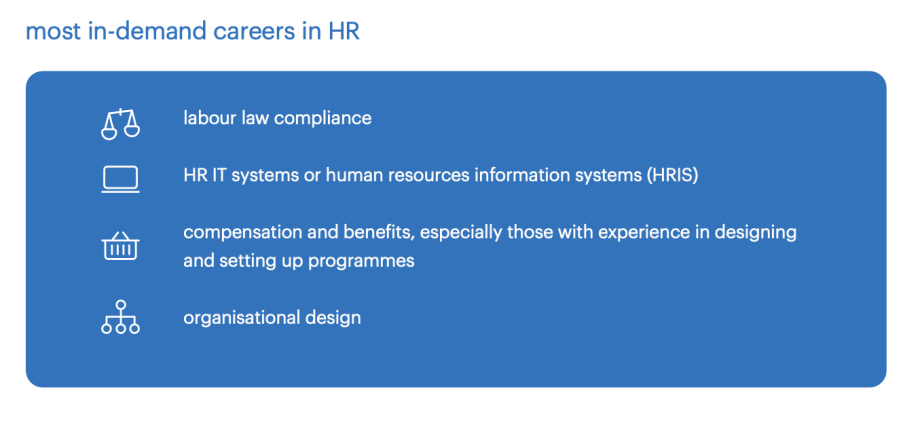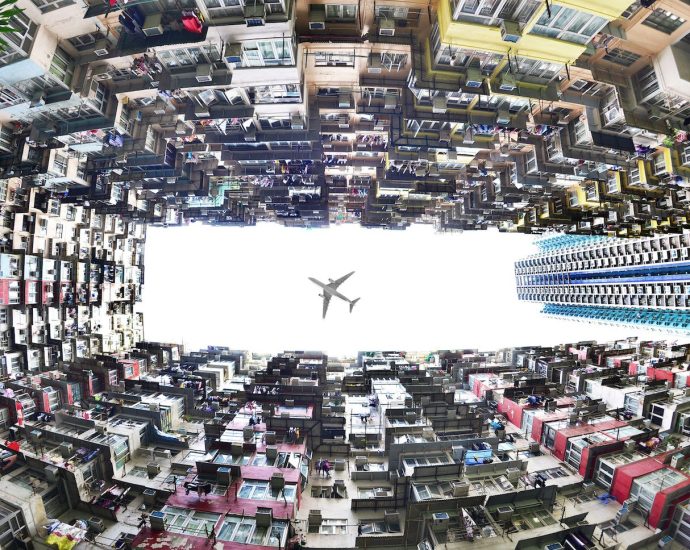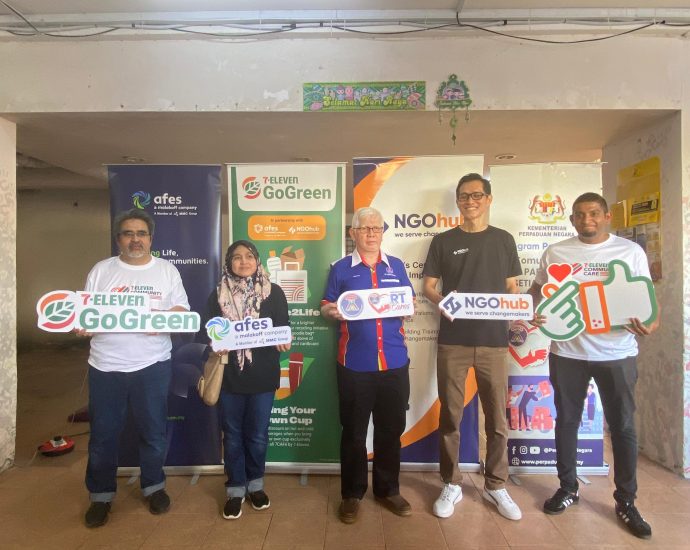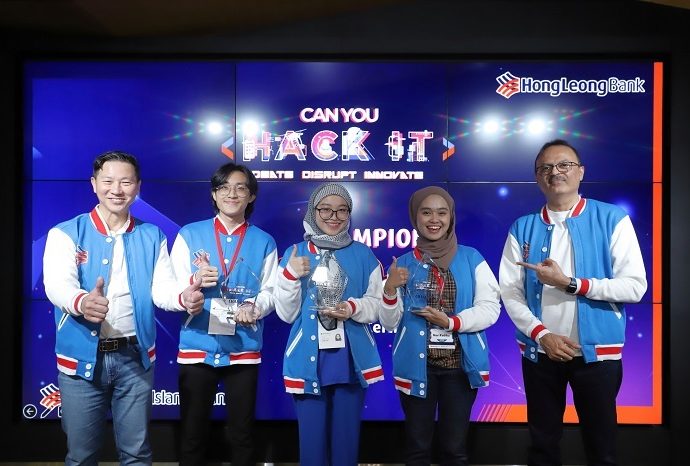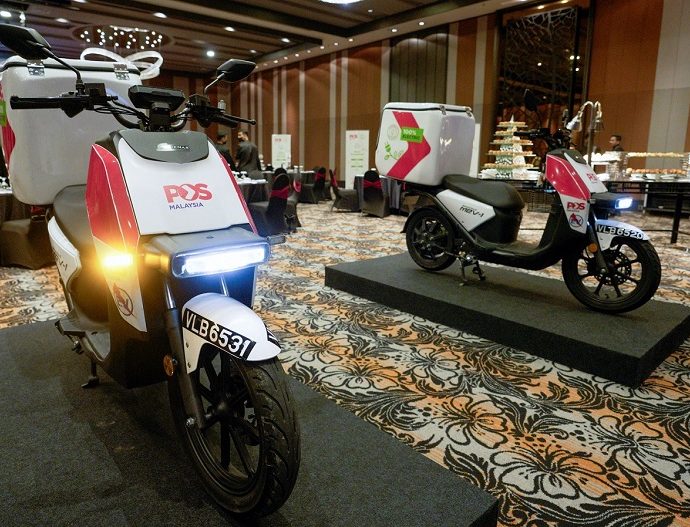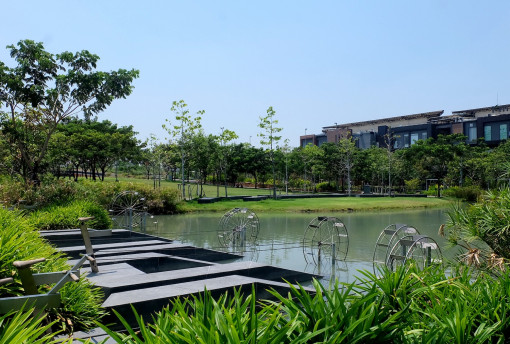Randstad Malaysia released the 2024 job market outlook & salary guide report
Companies seek talent in gaming, cybersecurity, renewable energy & data analytics
Cost, flexible work crucial in today’s talent market, with M’sians seeking higher-paying jobs, non-monetary benefits
Randstad, the world’s largest talent agency has released the 2024 Job Market Outlook and Salary Trends Report in Malaysia to help employers and job seekers navigate the…Continue Reading

